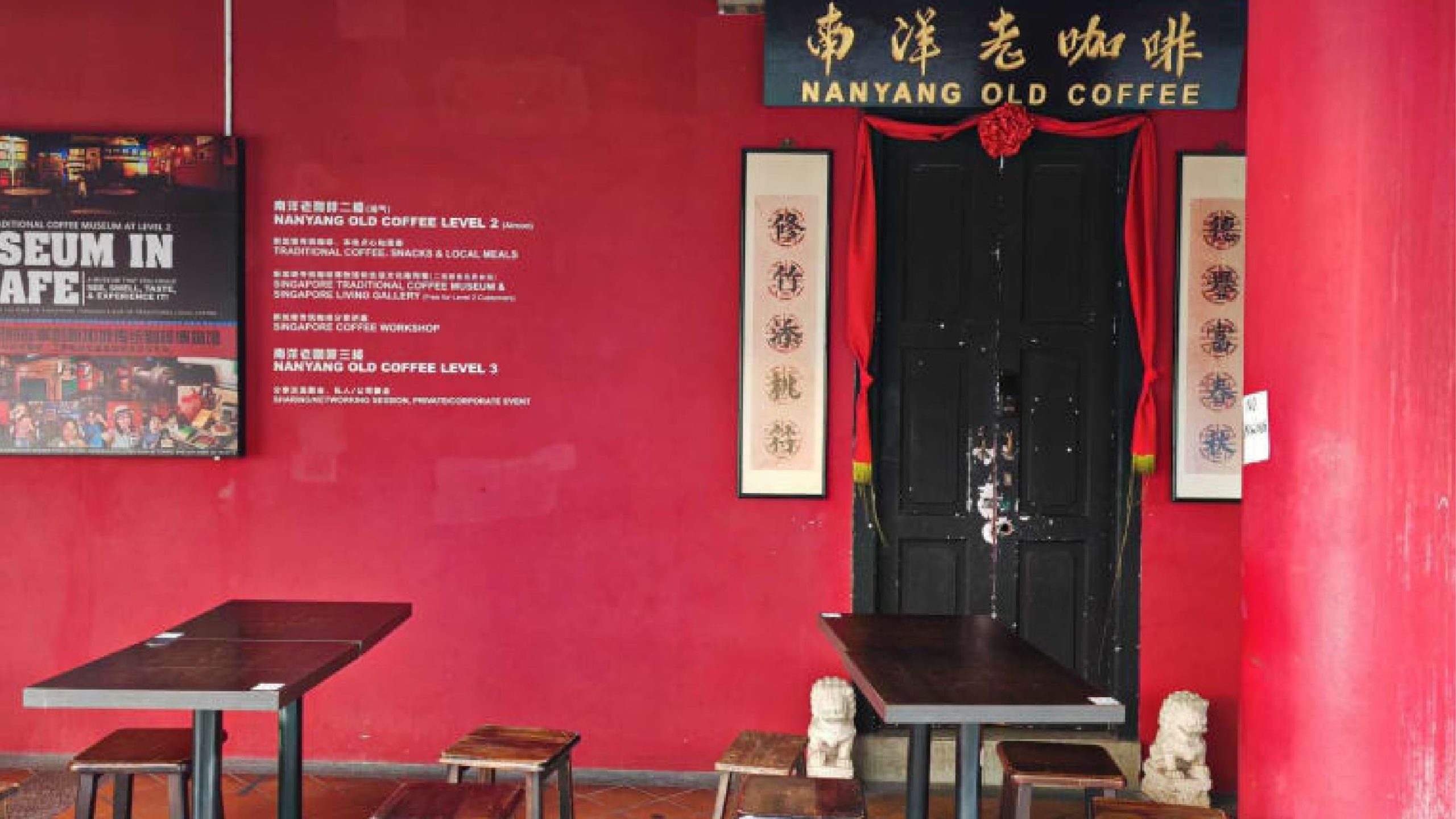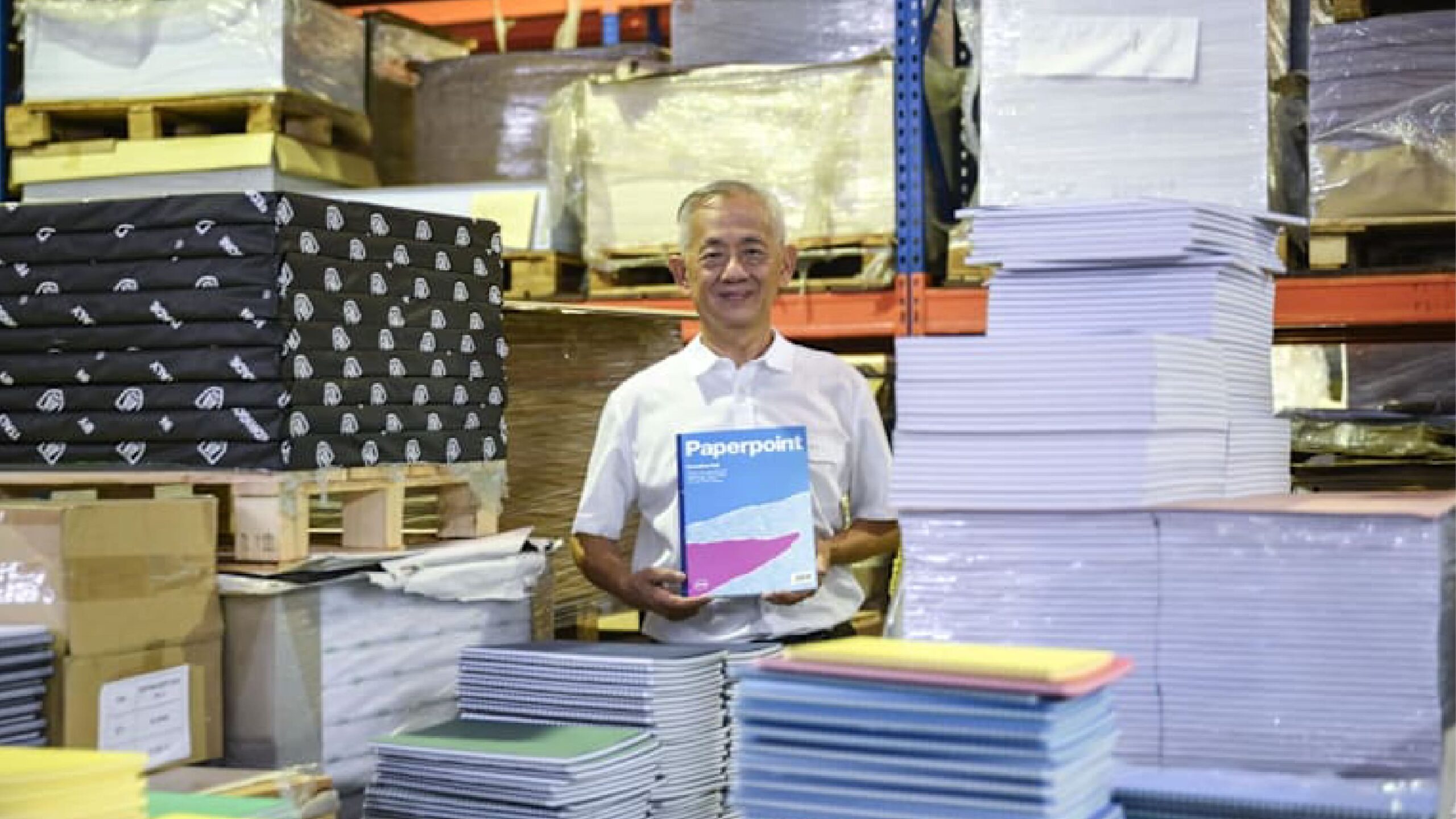A long-standing café in the heart of Singapore’s Chinatown is now at the centre of a legal dispute over unpaid rent. The Chinatown Business Association (CBA) is taking legal action against Nanyang Old Coffee, claiming more than S$77,000 in backdated rent for the use of a public walkway for its outdoor dining setup.
Outdoor Dining Area at the Centre of the Dispute
The dispute revolves around the use of a sheltered walkway located outside Nanyang Old Coffee’s flagship store at the intersection of Smith Street and South Bridge Road. Since its opening, the café has set up tables and chairs in this area for patrons to enjoy their food and beverages al fresco.
The Chinatown Business Association, which manages the Smith Street shophouses, claims the café has continued to use the area without proper authorisation or rental payment. According to legal documents, the association is seeking S$77,724.18 in unpaid rent, calculated from October 1, 2024, based on a monthly rate of S$8,636.02.
Background: Who Manages the Space?
The CBA, a non-profit group consisting of local business and community stakeholders, won the official tender in 2024 to manage the Smith Street stretch where Nanyang Old Coffee is located. Upon taking over management duties, the association said it began engaging with the café about its use of the outdoor space.
According to a public statement, the CBA made repeated efforts to contact and negotiate with Nanyang Old Coffee’s management since October 2024. The association said it sent several reminders and even issued a formal letter requesting the removal of furniture and potted plants from the outdoor dining area.
However, the café allegedly did not respond to these attempts. As of June 22, 2025, the unauthorised use of the space reportedly continues.
Efforts to Resolve the Matter Amicably
The CBA maintains that it did not initially seek legal action and instead tried to resolve the matter amicably. The association said it even offered to sublet the space to Nanyang Old Coffee’s founder and manager, Mr Lim Eng Lam, as a regular tenant. However, the offer was not taken up.
“We followed up with Mr Lim three more times in February and March 2025, but these attempts were ignored,” said the association in its statement.
While the CBA clarified that it is not restricting the café’s regular operations or forcing it to become a tenant, it stressed that rent must be paid for the use of the public space—just like all other tenants.
Café’s Response to the Lawsuit
Mr Lim confirmed that he had been contacted by the Chinatown Business Association since October 2024 regarding the outdoor space issue. However, he told the media that he does not agree with the rent demand and has sought clarification from the relevant authorities. He did not elaborate on the specific nature of the clarification or which government agencies were involved.
The matter was brought before the State Courts on June 26, 2025, during a case conference, where both parties were expected to discuss possible resolutions.
Legal and Community Implications
The CBA also stated that any proceeds from the lawsuit would be donated. The organisation emphasized that its primary concern is the fair and consistent enforcement of rental obligations among all businesses operating in Chinatown.
This lawsuit comes at a time when outdoor dining and shared spaces are becoming increasingly common across Singapore, particularly in culturally vibrant neighbourhoods like Chinatown. The case highlights the growing need for clarity regarding the use of public or semi-public spaces for commercial purposes.
Observers in the F&B community have noted that this legal action may set a precedent for how outdoor dining spaces are managed in heritage districts moving forward.
What’s Next?
As the case moves through the courts, business owners and tenants in Chinatown will likely be paying close attention. The outcome could influence how similar disputes are handled in the future, particularly for eateries that rely on outdoor seating to accommodate more customers.
Meanwhile, patrons of Nanyang Old Coffee can still visit the café, as its operations remain unaffected by the ongoing legal proceedings—for now.
Stay tuned for updates on this developing story as Singapore navigates the intersection of heritage preservation, commercial growth, and urban management.








